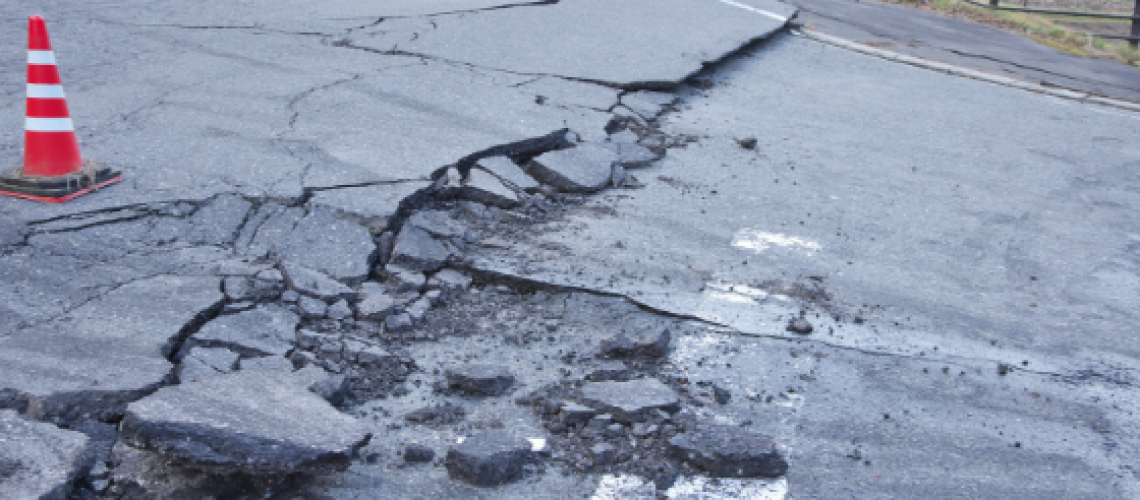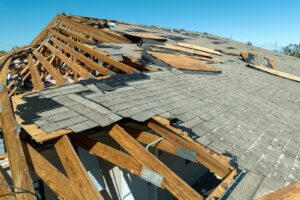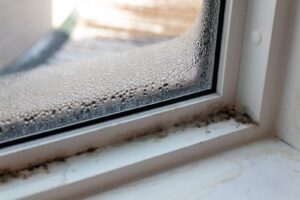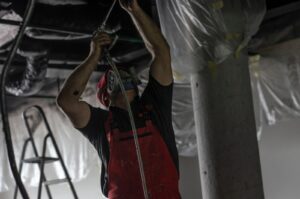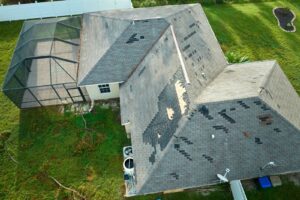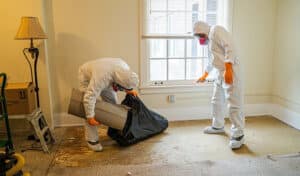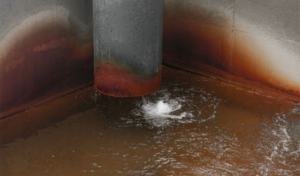Unlike many other natural disasters, earthquakes strike with no notice. They happen suddenly and without warning. It is smart to be prepared for any earthquakes that may occur before it happens. It’s especially important to be prepared if you live in an area that is more prone to earthquakes.
Before an Earthquake
Some houses are built to be more resistant to earthquake damage. Your house’s structure may be dependent on when it was built. Have the structure of your house assessed to determine any weaknesses or vulnerabilities? Some common structural weaknesses include having an unbraced pier-and-post foundation, unreinforced masonry wall or foundations, having weak crawl space walls, or a structure not anchored to the foundation.
If you have found some vulnerabilities, do what you can to correct the situation with professional help. If you’re a homeowner, this might be easier, but if you’re a renter, you can ask your landlord.
Aside from the structural integrity of your house, you should also consider the content of your home. Contents can be more dangerous and damaging than the structure itself. Objects or furniture that has not been secured can move, fall, or break during an earthquake. Check each room of the house for tall, heavy, or expensive objects that could cause problems. These may include bookcases, electronic appliances, water heaters, or any hanging items (i.e. wall art, ceiling fans, etc.). Be sure that they are secure and away from beds. If an earthquake strikes in the middle of the night, you don’t want to wake up to falling objects.
During an Earthquake
Once an earthquake strikes, it can be tough to think clearly. Be sure that your family has a plan in place and knows what to do. First off, each person should take cover. Identify places where you could safety duck and cover. If an earthquake begins, take cover immediately. Reduce your chances of being injured when you react safely.
Having emergency 72-hour kits is also extremely helpful. After a natural disaster like an earthquake, you may or may not have access to things like food, water, and power. Include things like food, water, a water purifier, communication devices, batteries, a first aid kit, and anything else you use daily. Be sure that you can make contact—include walkie-talkies in your kit and a list of address and phone numbers of loved ones and family members.
After an Earthquake
After the shaking has stopped, wait a few minutes to come out—there may be aftershocks. Next, check for any injuries among family members and administer first aid or call for emergency assistance if needed. You should also check for hazards around your home to ensure there is no further injury or damage.
For assistance restore your home after an earthquake or another natural disaster, contact the experts at RestoreMasters. Our team will work tirelessly to get your family safely back in your home as soon as possible.

